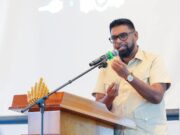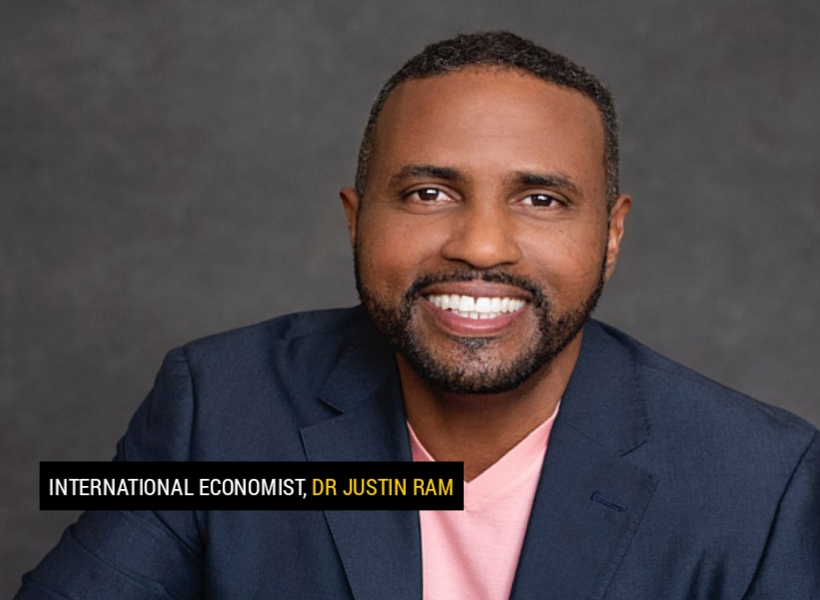International Economist, Dr Justin Ram is of the firm conviction that the imminent gas-to-energy project is not only an essential bridge to a low carbon future; but, can also alleviate many worrying statistics that plague the nation’s electricity supply thereby retarding economic development. These include that Guyana has one of the highest electricity rates in the region and the most power outages in the Caribbean (on average 8 per month). Importantly, Dr Ram said it should not be overlooked that the project holds the power to reduce the cost of electricity from US$0.25/0.36 per kWh to US$0.06/0.07 per kWh and open the possibility to engage in several economic endeavours.
Expounding on this front, he noted that the initiative can be instrumental in supporting the evolution of a diversified and competitive economy.
The former Director of the Economics Department at the Caribbean Development Bank (CDB) warned that Guyana must be wary of the fact that the benefits of this project are not automatic. He said the lessons of other nations show that the country has to be wary of key pitfalls.
Dr. Ram said, “The experiences of Ghana (a new entrant to the oil and gas industry), Trinidad and Tobago and Venezuela point to some critical mistakes that Guyana must strive to avoid. High up on that list of mistakes to be avoided is the dreaded ‘Dutch Disease’ where the high rents from the oil and gas sector undermine the viability of other sectors through high wages and labour availability, in effect causing the real effective exchange rate to appreciate.”
He explained that a usual casualty in such a scenario is agriculture which becomes unattractive and leads to a high import food bill. However, by lowering the cost of electricity, he reasoned that the gas project could provide an excellent counterbalance to potential Dutch Disease effects.
Dr Ram further noted that another important policy consideration for the government of Guyana is to establish a governance infrastructure for the oil and gas sector that is transparent, efficient and accountable.
In this regard, he said some critical pieces of legislation, such as the creation of a sovereign wealth fund and legislation to encourage greater local content in the oil and gas industry are already in place. Be that as it may, Dr Ram posited more has to be done to ensure the project is implemented smartly and sustainably.
He said adequate grid infrastructure, policy, and legislative changes are required to ensure that all Guyanese benefit from the gas project.
The international economist without question said a thorough feasibility study is imperative to avoid gas oversupply.
He added that the gas project, including ancillary services and latent economic activity, should be compatible with the government’s local content legislation. Finally, the economist stressed that any adverse environmental and social implications from the project should be mitigated as far as possible.
The international economist said it is critical that these recommendations be taken into account to ensure the benefits of the project are felt by every citizen.











